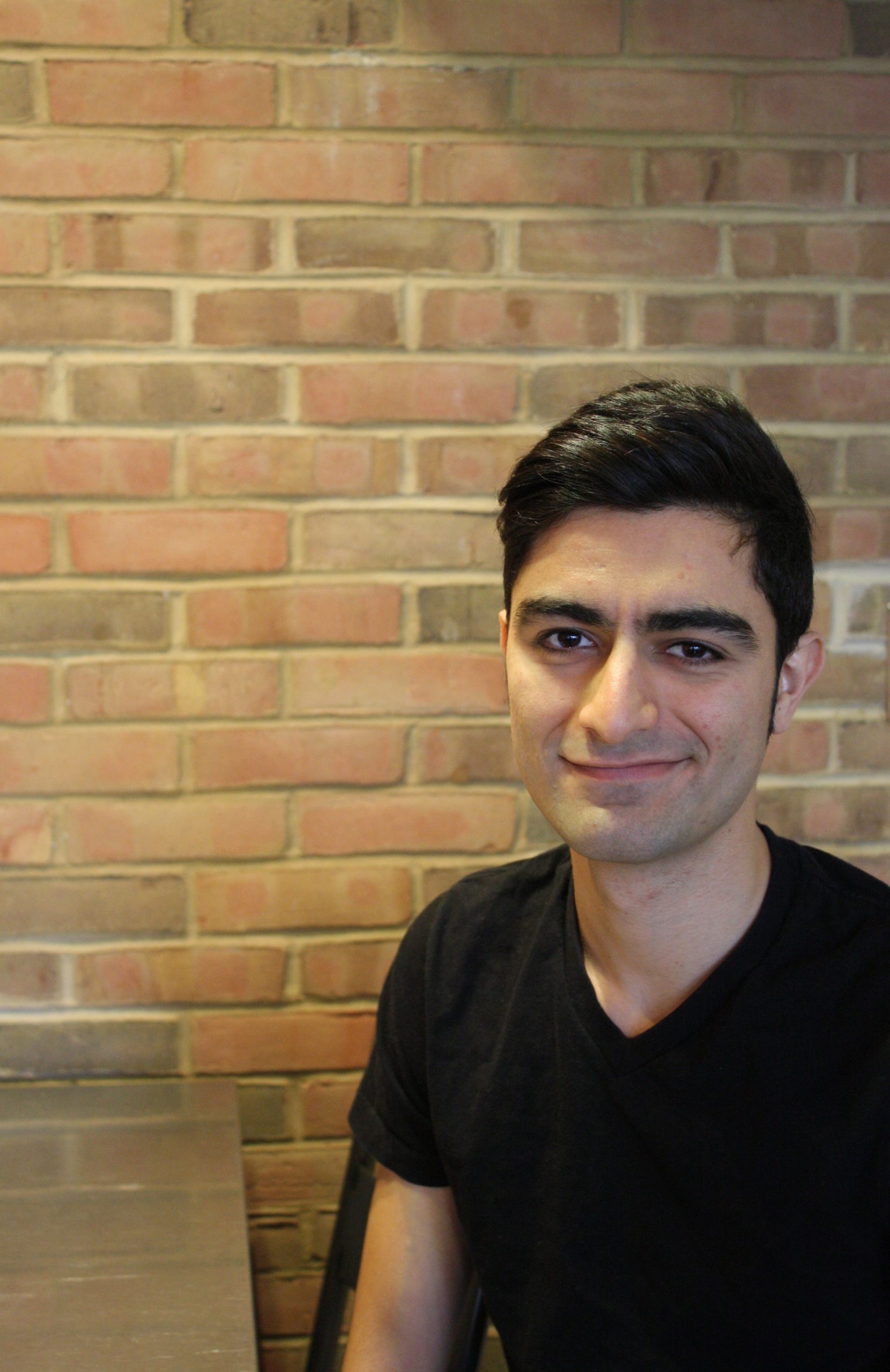Mohammad Rasoulipour is a senior art and Bible and religion major. Rasoulipour was one of 6 students to attend the Mennonite Central Committee’s United Nations seminar in New York last week.
The United Nations is known for its humanitarian actions around the globe, especially in the west, and efforts to bring about healing and aid for those in need. Many of us are aware of the services that the UN offers humanity. The UN as a humanitarian institution does a lot of good for people in need around the globe, such as providing education, food, access to clean water, safety and justice.This past week I had the opportunity to visit the UN with five other Goshen students and listen to multiple lectures on immigration, refugees, the displacement of people around the world and how the UN is working on accommodating the ones who need to migrate.
On the other hand, the UN not only provides help to countries in need of humanitarian aid, it also provides what I call political aid for those countries that have poor reputations due to their harsh policies against human rights. Those countries that cause displacement start wars and bring poverty while their unfair economical systems get a chance to advertise their generosity to the UN.
While visiting the UN, I saw an exhibit which did more to advertise for the nations that “help” than to bring awareness to the issues themselves. The Saudi Arabian government, for example, one of the top violators of human rights, had a picture in an exhibit of poor children receiving bags of food donated by the Kingdom of Saudi Arabia titled the “Kingdom of God” through the the World Food Program. This seemed to be a matter of political preaching through use of the poor, which is not a rarity if we look closely at our own surroundings.
In terms of functionality, the UN as a political institution is caught in an obvious double standard. When it comes to policies that seek the root causes of worldwide issues, primarily wars and unfair economic systems benefiting certain countries, the UN has “no enforcement power” and they “just suggest.”
But when it comes to the policies that benefit the veto-granted nations of the Security Council, the suggestions get enforced. The Security Council is the prime example of this double standard. When it comes to worldwide problems that need to be addressed, the UN is an institution that steps in to cure as opposed to prevent, because it does not have the power to address the prime root causes of the problems.
The enforcing and functional tools of the UN are mainly the nations that, in my opinion, are themselves the prime root causes of the problems that we face in the world today. So it seems logical that the UN cannot be a functional prevention tool in many major problems.
In a rather generalized term, the UN does its best to aid the global south with humanitarian aid while practically benefiting the global north though political legitimacy and whitewashing of unpleasant policies.
This is not a critique of the UN. Instead it is just the correction of the expectation that many have from such an institution. In my opinion, the UN might not be a functional prevention tool, but it may well be a politically effective tool to bring aid after a disaster strikes. As Dag Hammarskjöld, the former Secretary-General of the UN put it, “The UN was not created to take mankind to heaven, but to save humanity from hell.”
As a final note, fearing that this would not be mentioned in other articles on our trip, I have to note the amazing opening by Doug Hostetter, which moved the majority of the audience with its honest and understandable account of pacifism. His story of service in Vietnam as a teacher during the war was exceptionally touching and made many of us grateful that MCCers such as Hostetter are present at the UN making a positive difference.



